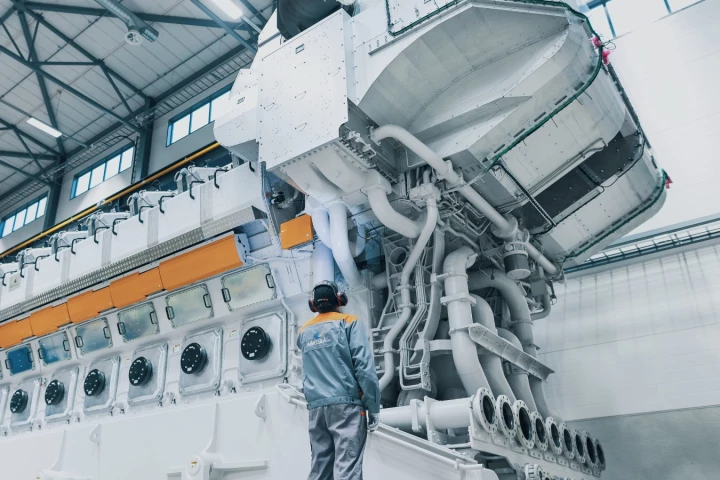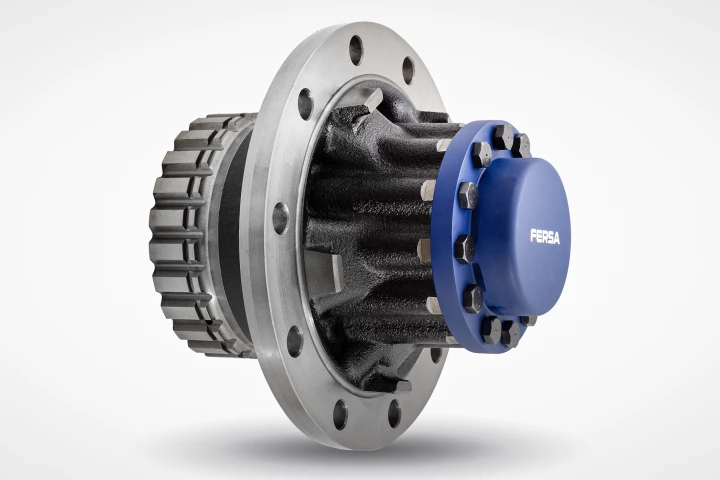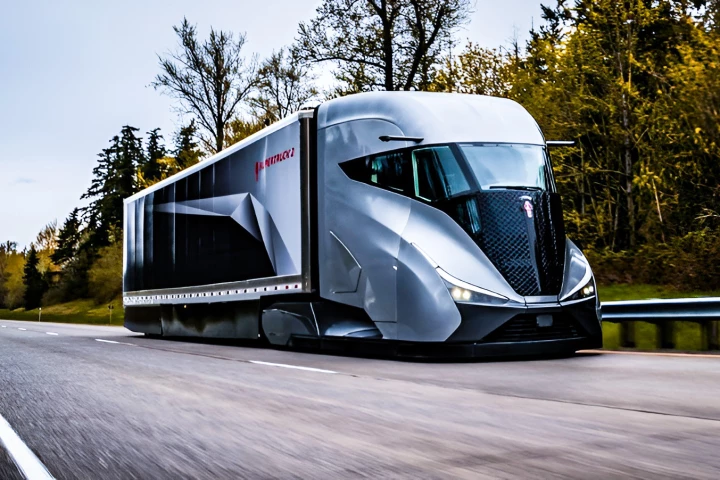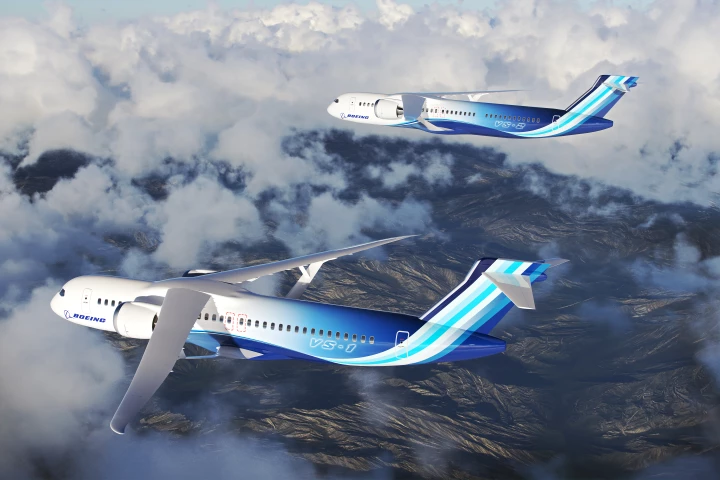Fuel efficiency
-
Once famous for building the world's biggest and most powerful engines, Finnish company Wärtsilä is investing heavily in technology to clean up the notoriously difficult heavy marine sector. CEO Håkan Agnevall lays out a roadmap to zero carbon 2050.
-
Over a year and a million kilometers' worth of real-world testing has returned impressive results for Spanish company Fersa's "fuel efficient wheel hub," which cuts fuel burn by at least 3% and saves operators around US$3,500 per truck per year.
-
A surprisingly simple tweak is making a venerable military transport aircraft more efficient. Literally gluing a few microvanes to the rear fuselage of a C-17 Globemaster III cargo plane can result in fuel savings in the tens of millions of dollars.
-
The Shell Starship Initiative is an experiment on wheels, focusing on energy-efficient truck design using currently available tech while testing others that are near-to-market. As a former truck driver, I found the work Shell is doing to be fascinating.
-
An innovative new combustion engine eliminates half the guts of a traditional engine, and uses a fascinating internally rotating piston and sleeve arrangement, making it lighter, simpler and more efficient while still making strong power and torque.
-
Kenworth has unveiled a sleek-looking SuperTruck 2 at the Advanced Clean Transport expo in Las Vegas, attempting to squeeze the maximum possible efficiency out of a diesel powertrain. It works, too, beating the company's most efficient truck by 100%.
-
That's without any modification to the ships themselves, too. The ambitious 'Blue Visby Solution' proposes enormous fuel and emissions savings for cargo ships worldwide, simply by being smarter about speed and timing and eliminating inefficiencies.
-
A West Texas company says it's found a remarkably simple way to slash air cargo costs as much as 65% – by having planes tow autonomous, cargo-carrying gliders behind them, big enough to double, or potentially triple their payload capacity.
-
A futuristic-looking electric vehicle that was launched way back in 2007 is finally on the road to production. Following a year-long crowdfunding effort, the first 2,000 Aptera Launch Edition solar EV production slots have now been taken.
-
Range Energy makes truck trailers, with a clever connection to any standard tractor cab, loaded with electric powertrains to turn any semi into an efficient hybrid. They also let you push entire trailers around by hand at the depot in "shopping cart mode."
-
GE once thought super-efficient propfans were the future of air travel, until low fuel prices in the late 1980s moved fuel consumption down the list of priorities. Now, it's bringing them back with the CFM Rise, promising 20% fuel savings.
-
With a US$425-million cash injection from NASA, Boeing will build and test a full-sized airliner based on its transonic truss-braced wing (TTBW) concept, using long, thin, strut-braced wings to add lift, reduce drag, and burn an impressive 30% less fuel.
Load More











